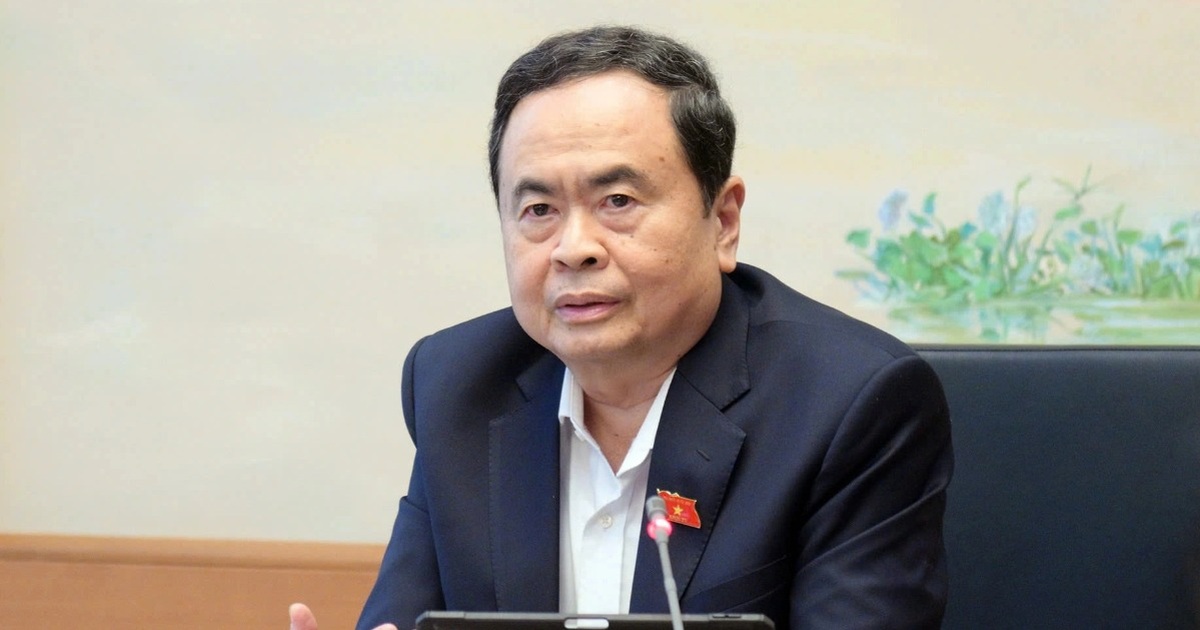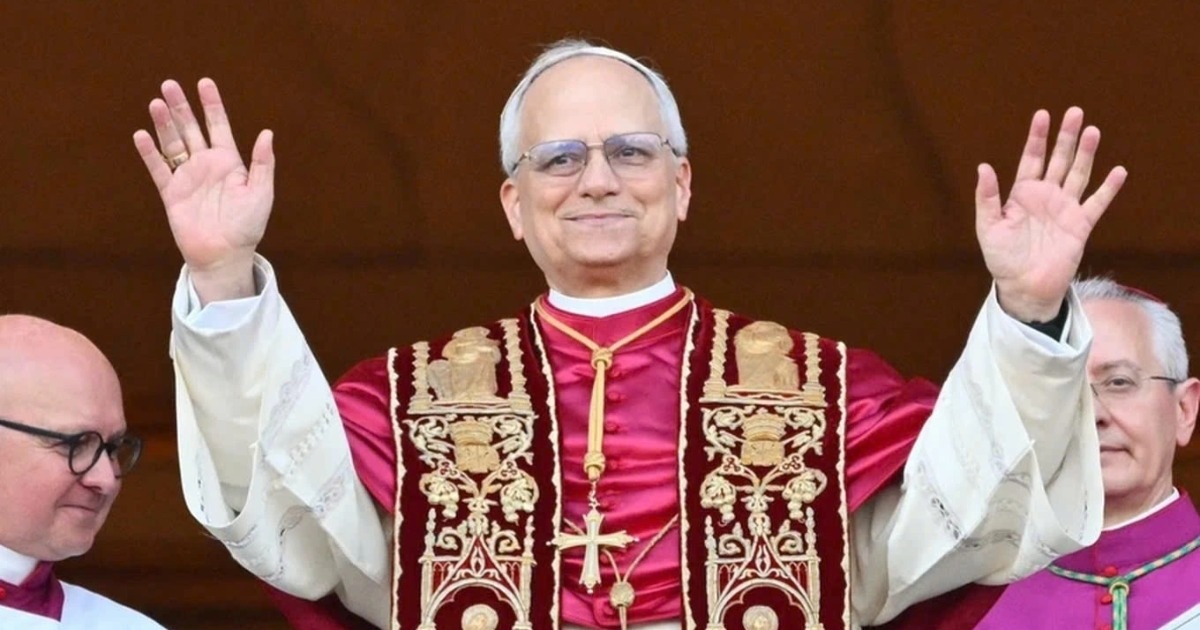During a discussion on February 14 regarding the supplementary target of over 7% GDP growth for 2025, National Assembly Chairman Tran Thanh Man emphasized that this is a crucial objective to achieve double-digit growth in the 2026-2030 period.
Mr. Man noted that the Government has been working with localities to find solutions, and for the first time ever, growth targets have been assigned to all 63 provinces and cities.
“Unblock wherever there’s a blockage”
To achieve growth targets, the Government is highly focused on addressing wasted resources such as suspended planning projects, stalled procedures, unused assets, and prolonged legal disputes.
According to Mr. Man, the National Assembly has agreed to pilot solutions in Hanoi, Ho Chi Minh City, and Khanh Hoa, while also addressing bottlenecks in the real estate market to boost supply quickly.
National Assembly Chairman Tran Thanh Man expresses deep concern over the slow progress in combating waste (Photo: Hong Phong).
“This is a very correct policy, but turning it into reality requires much more effort,” said the National Assembly Chairman. He added that construction and real estate businesses are eagerly awaiting concrete actions from local authorities to resolve difficulties and create a favorable environment.
The Chairman emphasized that the National Assembly has passed laws and resolutions, and the Government has issued decrees and circulars, so now is the time for decisive action.
“Whatever the difficulty, we must resolve it; wherever there’s a blockage, we must unblock it,” he stressed. However, he pointed out that while some localities develop rapidly, others lag behind, claiming difficulties before even starting.
Regarding anti-waste efforts, Chairman Man remarked that progress has been very slow. He cited the example of Can Tho Cancer Hospital, which has been under construction for seven years but remains incomplete, with equipment unused and facilities abandoned. Meanwhile, people in the Mekong Delta continue flocking to Ho Chi Minh City’s overloaded Cancer Hospital.
“I’ve visited several times and feel deeply troubled,” said the Chairman, urging ministries, sectors, and localities to address specific issues promptly to accelerate progress.
Another solution for growth, according to Mr. Man, is promoting the private sector, which accounts for 55% of total social investment.
“The most important factor is institutional reform to assure investors that the Government is truly open and welcoming, ensuring their investments are effective,” Mr. Man stated.
He also shared that the National Assembly will continue revising laws to further decentralize authority to the Government and localities in policymaking.
Abundant Room for Growth
In another discussion group, Deputy Prime Minister Ho Duc Phoc elaborated on the target of over 8% GDP growth for 2025. He noted that achieving 7.09% growth in 2024 was already significant, and there remains substantial untapped potential.
Discussing factors affecting growth, Mr. Phoc highlighted production, consumption, investment, and exports, but emphasized investment and exports as the two most critical elements.
Deputy Prime Minister Ho Duc Phoc speaks at the discussion session on February 14 (Photo: Minh Chau).
On the investment front, the Deputy Prime Minister underscored public investment. He explained that public investment has been increasing annually. For 2025, public investment is projected to rise by approximately 108 trillion VND compared to 2024, with an additional surplus of around 331 trillion VND. After allocating funds for wage reform, roughly 158 trillion VND will be added to the 2025 investment budget.
“In total, investment for 2025 will reach nearly 900 trillion VND. This will serve as a driving force to attract other investments and stimulate growth,” Mr. Phoc said.
Notably, the Deputy Prime Minister mentioned completing an additional 1,000 km of expressways this year, aiming for 5,000 km by 2030.
Mr. Phoc expressed optimism that these factors would drive investment and boost GDP growth.
Alongside public investment, the Deputy Prime Minister stressed the importance of private investment in fostering growth.
Regarding exports, Mr. Phoc emphasized maintaining existing markets like the U.S., China, and Europe while expanding to new ones to promote production and bring Vietnamese products to global markets.
With the proposed solutions, the Deputy Prime Minister is confident that Vietnam’s growth will not only reach 8% but potentially exceed expectations.
Source link: https://dantri.com.vn/xa-hoi/chu-tich-quoc-hoi-het-suc-sot-ruot-vi-chong-lang-phi-rat-cham-20250214172030688.htm



